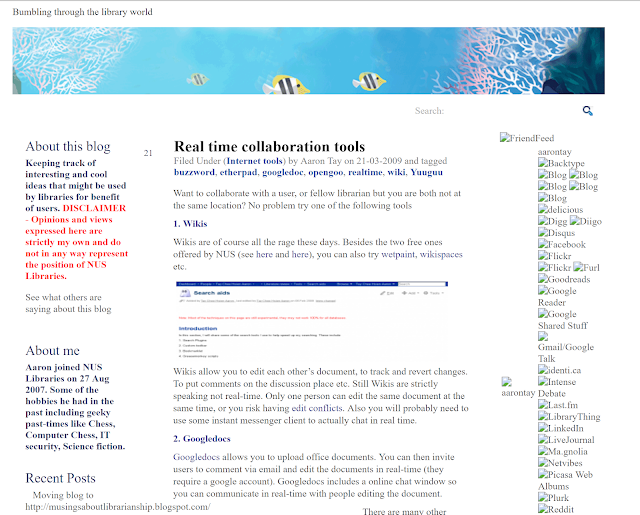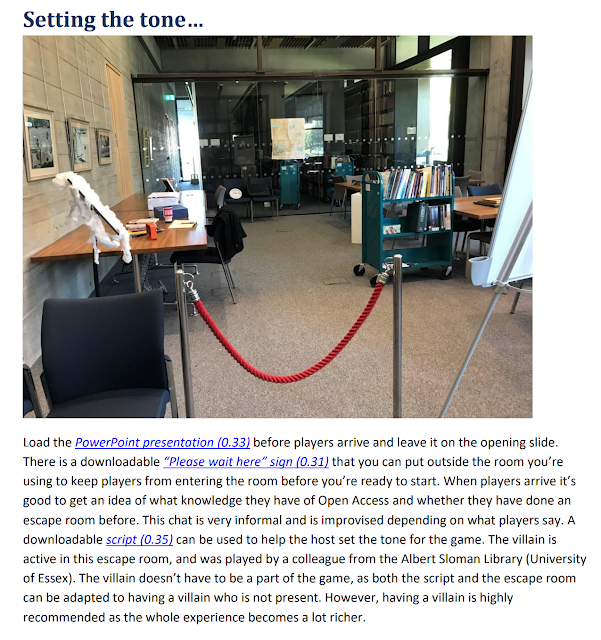
Most people agree with Open Access is a good thing to have, but a lot of the debate resolves over business models and the cost we should pay for it. Fundamentally, the question is how much is the output worth? While it isn't perfect, Librarians use cost per use figures in negotiations and discussions on whether to renew something but how are cost per use figures usually calculated?









